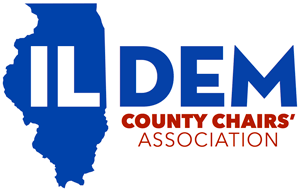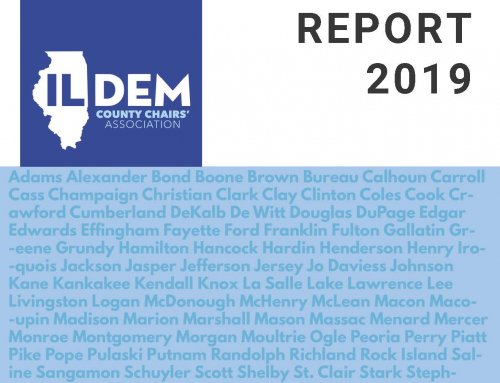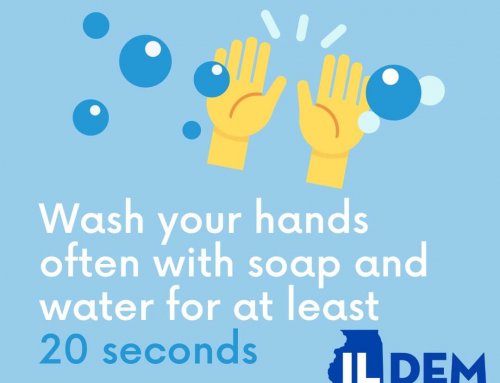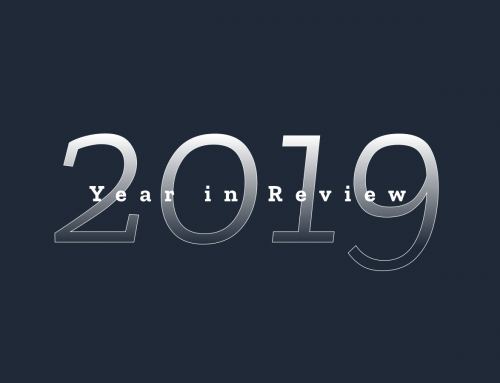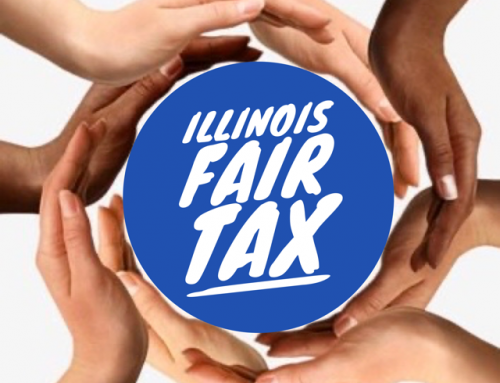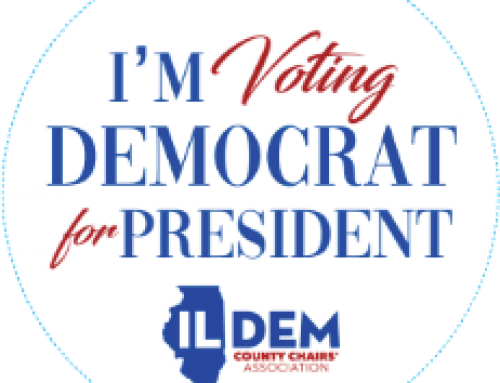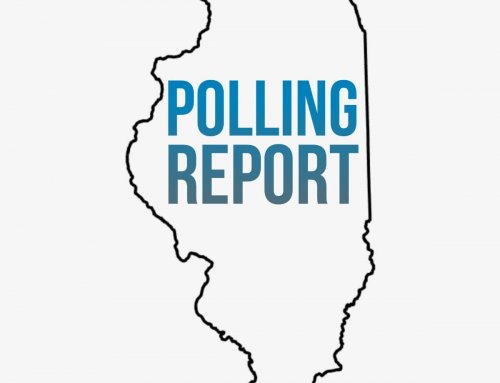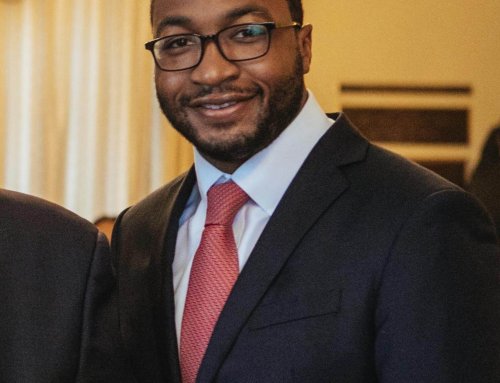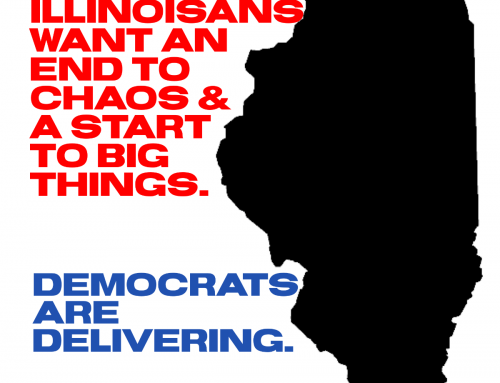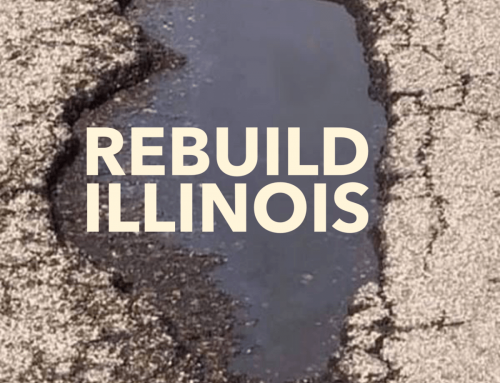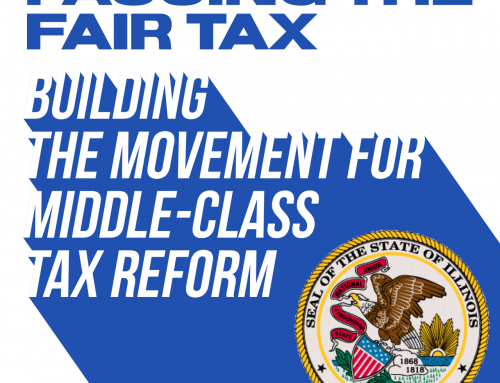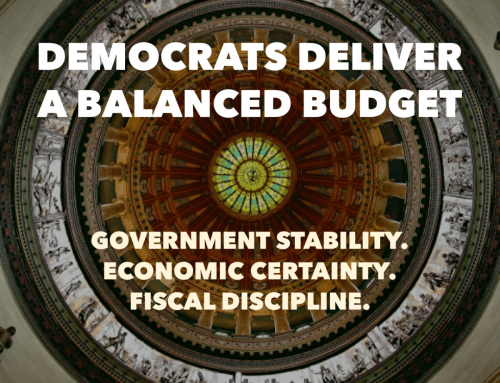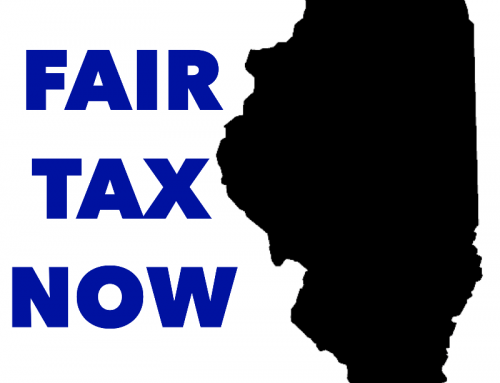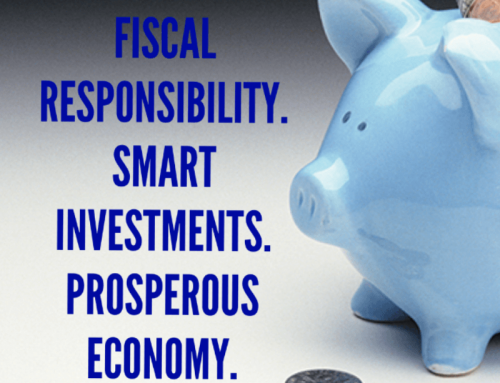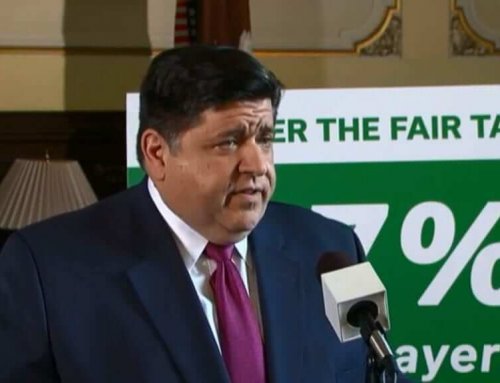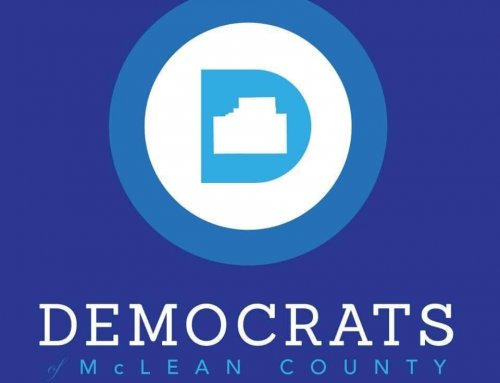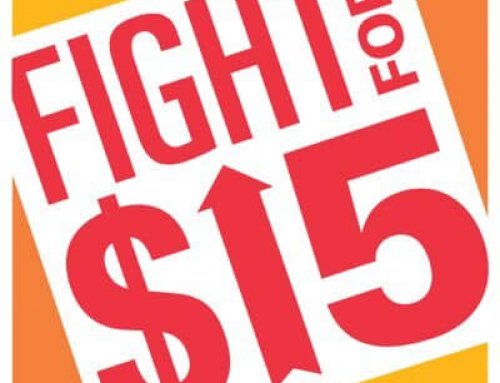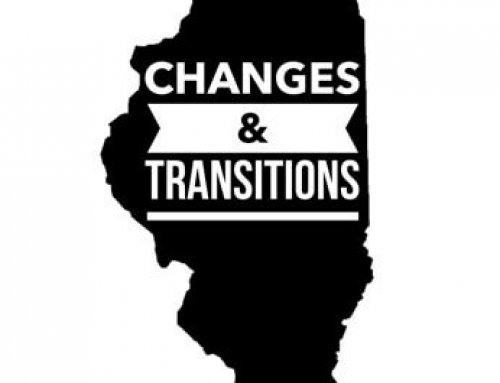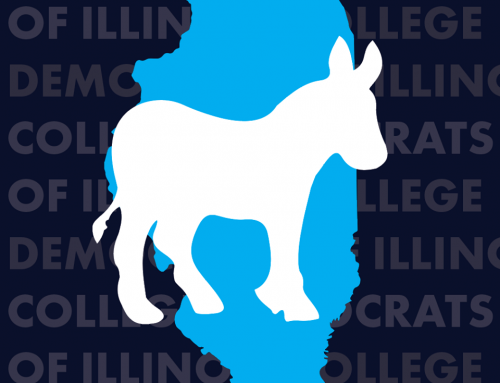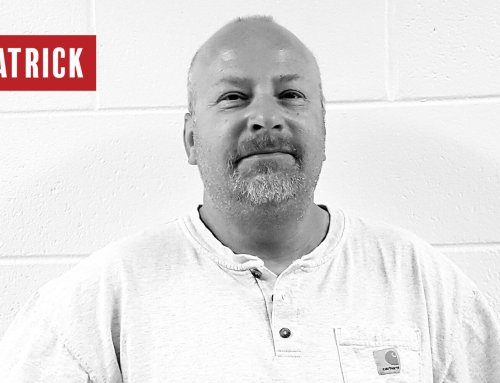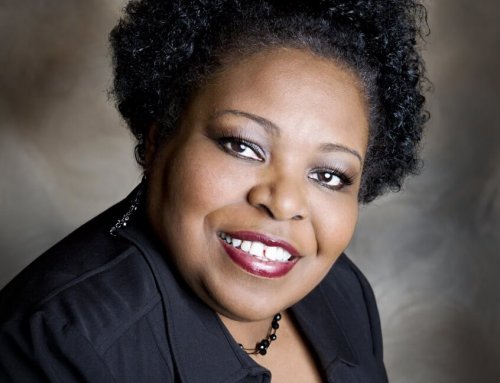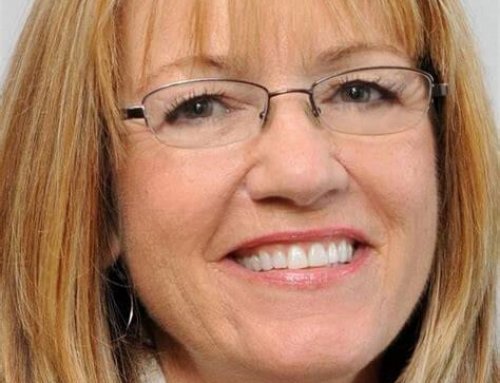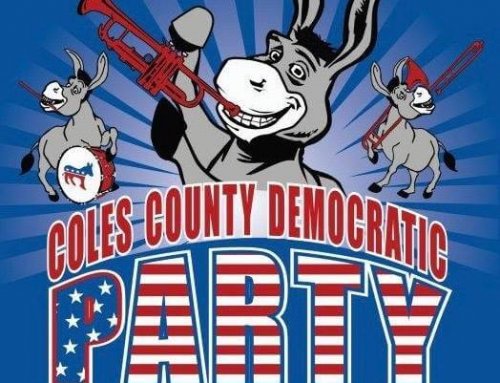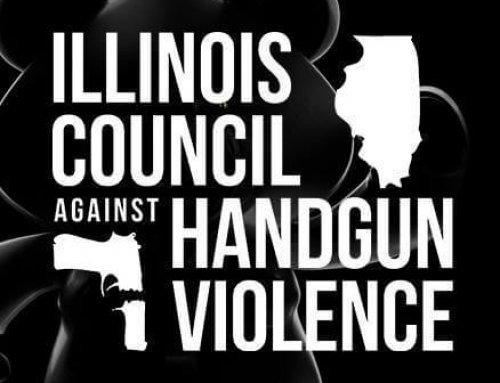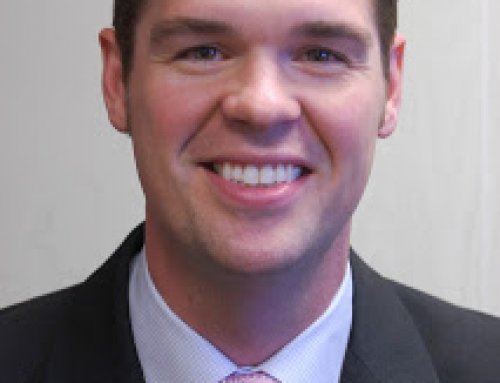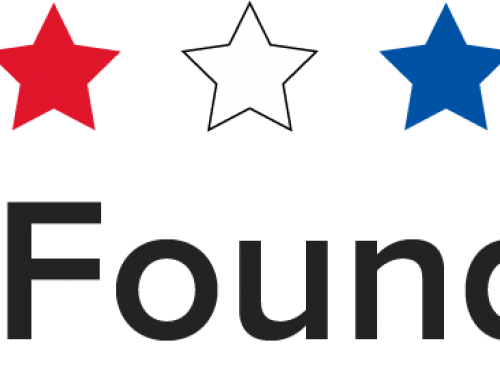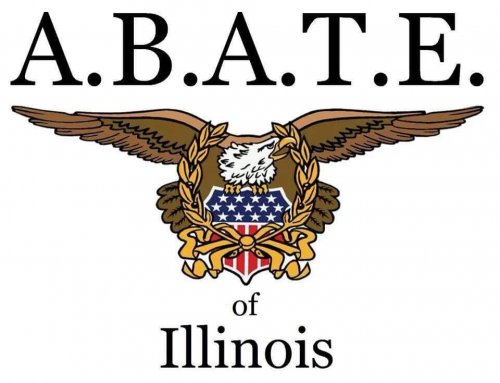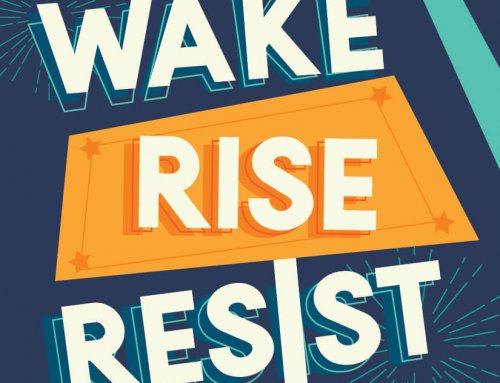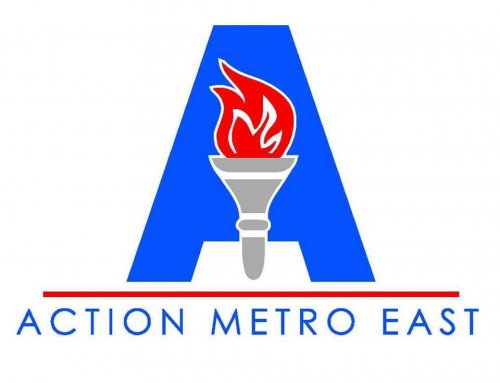IF YOU EARN MORE, YOU PAY MORE. IF YOU EARN LESS, YOU OUGHT TO PAY LESS. THAT’S SIMPLE FAIRNESS
Before long, Illinois voters will be hearing wild arguments about why the Democrat-led Fair Tax proposal is the final straw of our state. In today’s world of politics, facts and data seem to be rejected because, “truth can’t be trusted.”
Crazy. We know.
But before all the poll-tested Republican buzz words are thrown our way on radio, television and direct mail advertisements, recognize what the Fair Tax Plan really is: Lower tax rates for lower incomes, higher tax rates for higher incomes. Period.
No matter how deeply anti-government, pro-corporate welfare advocates oppose the Fair Tax, consider the facts:
- Illinois is one of only eight states in the U.S. that has a flat, regressive income tax structure, and is one of only four states that constitutionally require a flat income tax.
- The Federal government and 33 states in the U.S. have a progressive income tax structure.
- For the past several decades, virtually all income growth has been made at the top income levels. Illinois’ flat tax fails to capture that growth.
Illinois’ current tax structure might sound fair – everyone, no matter how much they make, pays the same rate. In reality though, the lowest 20% of income earners are forced to shell out almost 14% of their pay to state and local taxes, while Illinois’ wealthy 1% only contribute a bit over 4% in the same taxes. Fourteen percent of $19,000 is a far larger burden than four percent of $500,000. That simply isn’t fair.
Beyond the confusing debate about tax rates and how burdened the folks in the gated communities will be if their tax rates increase, there’s an important consideration to what it’s all for. For all the criticism and deserved scrutiny, Illinois government is efficient and effective. There remain significant fiscal hurdles like Bruce Rauner’s multi-billion-dollar backlog of bills and the need to meet the obligations of pension costs. A fair tax helps address those issues.
In addition, consider the crises Illinois faces in higher education. Students are leaving our state for schools all over the nation that have comparable or lower tuition and fees. Fiscal instability has contributed to the failure of institutional growth for many of our schools. A fair tax will help efforts to reroute the trend of lower enrollments.
For our neediest, most desperate citizens who deserve assistance, Illinois has a true obligation to help. Too often folks say, “I wish somebody would do something about that.” Take, for example, opioid addiction and the gateway to heroin use. Illinois has a duty to address the impact of this issue. Illinois government is the “somebody” we wish for and it takes resources and revenue to make a difference.
Illinois government is you and everyone else who make this state work. We are the “Somebody’s.” We all want the best for our state and we all should have some pride in advocating and supporting that goal. It is unfair that the overwhelming obligations are on Illinois’ working and middle class in these endeavors. A fair system ensures we move Illinois forward by modernizing our tax code, where lower incomes pay lower rates, and higher incomes pay higher rates.
